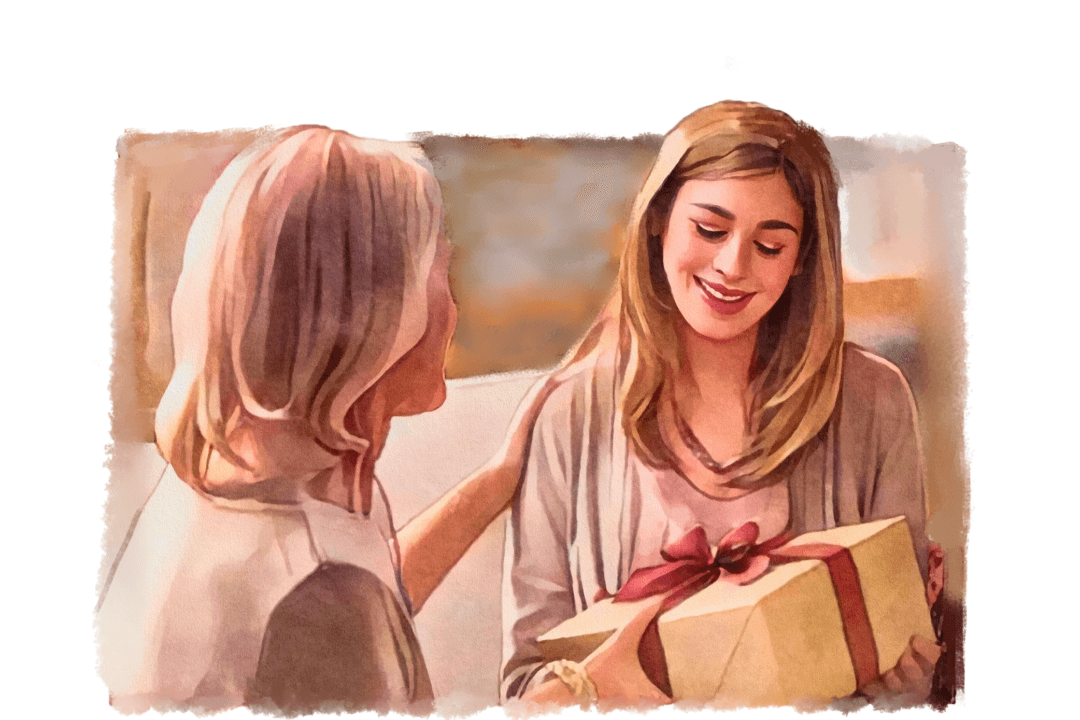Kindness can be as simple as cheerfully saying good morning to the bus driver, giving your colleagues a box of chocolate to boost the office’s mood, or reaching out to a struggling friend. When we look closely enough, opportunities to be kind are present all around us. But sometimes, we miss out on them as we are concerned about other people’s responses, or undervalue how much of a difference they could make.
A new study published by the Association for Psychological Science revealed that both children and adults tend to underestimate the positive impact of kindness.




